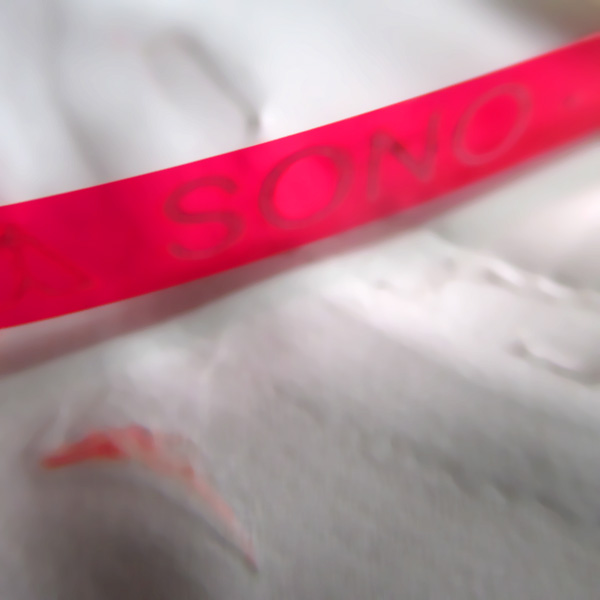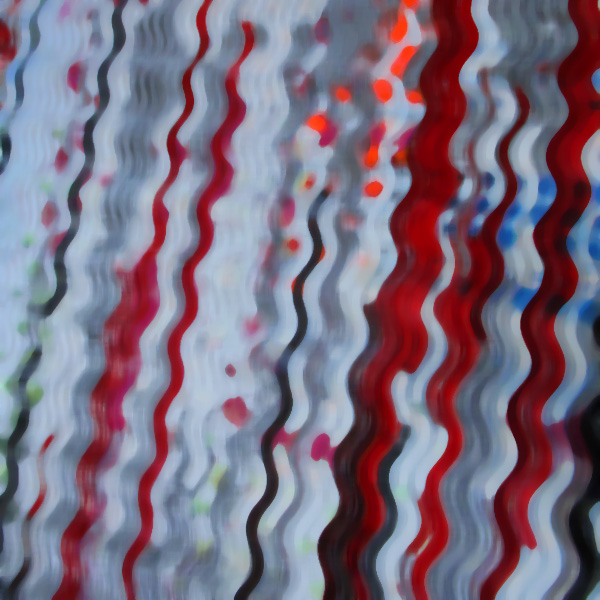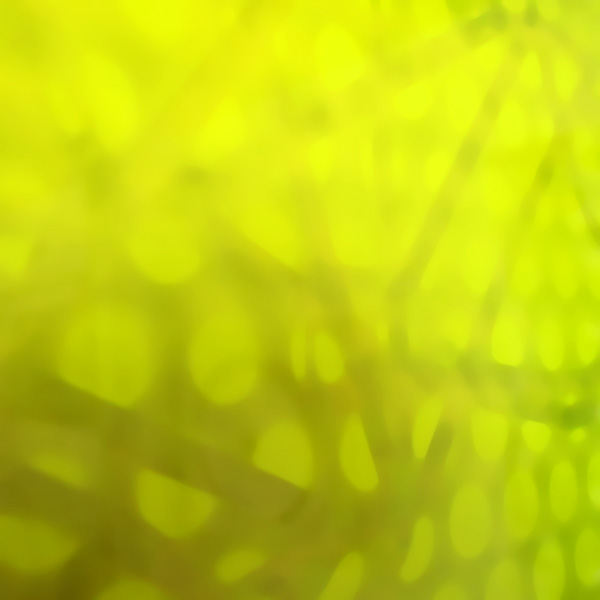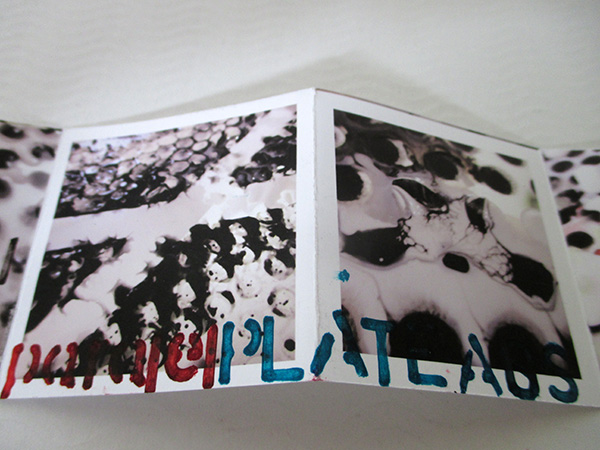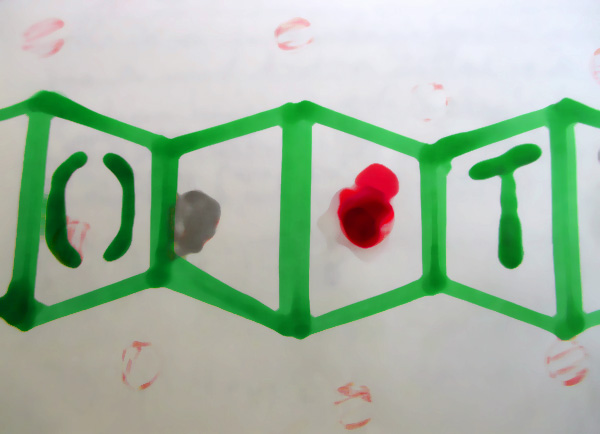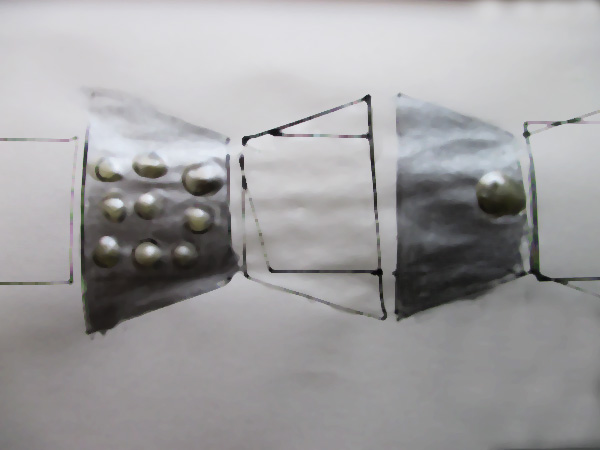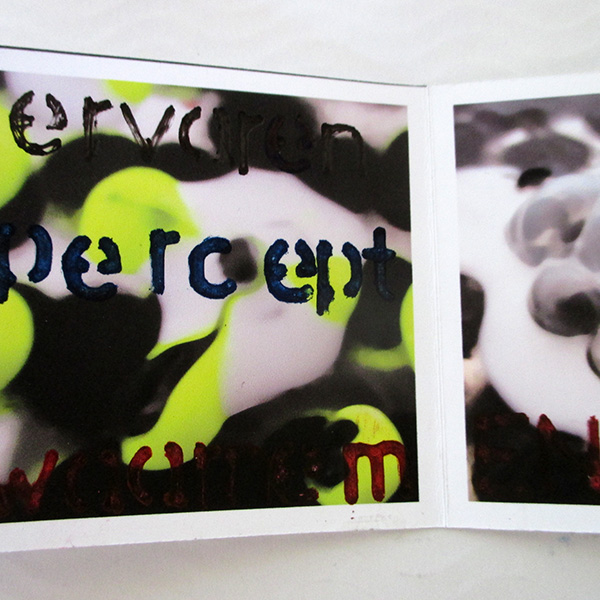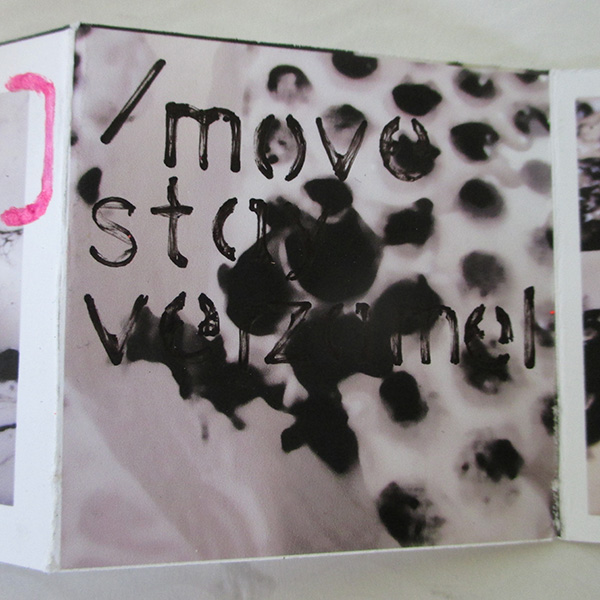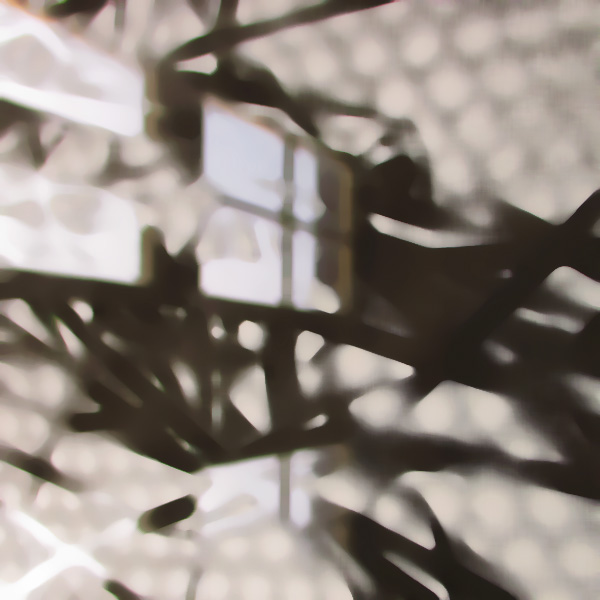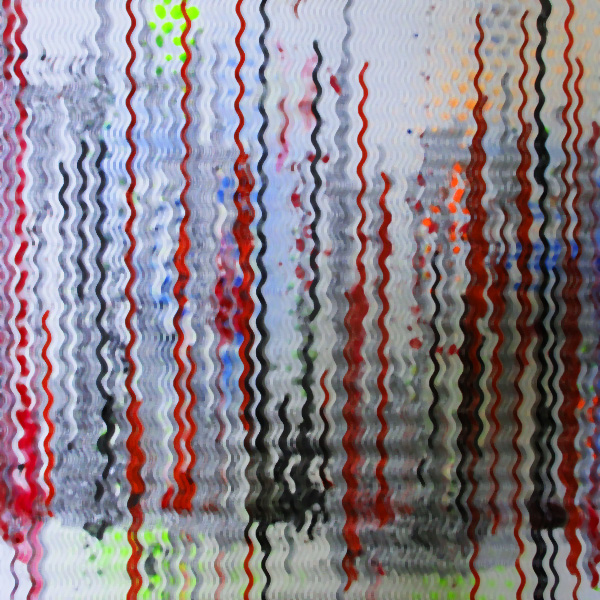Duitse romantiek
‘De Duitse filosofie als geheel – Leibniz, Kant, Hegel, Schopenhauer, om de groten te noemen – is het meest drastische soort romantiek en heimwee dat tot dus ver heeft bestaan: het verlangen naar het beste wat er ooit was. [de Griekse wereld]
Nietzsche, Nagelaten fragmenten deel 5, pagina 537
Ergens anders in de nagelaten fragmenten kom ik een sneer over Spinoza tegen over ‘de huichelarij van de overwinning op de affecten’. Daar toont zich het grote manco van Nietzsche: hij is ook een romantische Duitser. Hij laat zich teveel leiden door de affecten en is zo slaaf! Nietzsche had Spinoza beter moeten lezen. Niet sneren maar leren.
2020
Leven anno nu lijkt vaak overleven, angst voor dood, kwantiteit bovenkwaliteit.
Grote geesten als Spinoza, Nietzsche en Deleuze werden niet oud, daar waren ze ook niet mee bezig. Een verstandig mens denkt niet over de dood schreef Spinoza.
Nu lijkt het oud worden een doel, waartoe? Wat brengt ouderdom, het voortleven? Aftakeling en meer lijden.
Dit is blog bericht nummer 2020. Bovenstaande notitie was de eerste in mijn huidige notitieboekje. Ik denk dat ik het in augustus 2019 opschreef en nog niet op dit blog geplaatst had.
verbindingen
er zijn oneindig veel [virtuele] verbindingen. we bestaan uit verbindingen, leven in [van en met] verbindingen en vormen verbindingen. er is geen ander leven dan samenleven. dit is een eenvoudige gedachte en toch zijn zo weinigen er zich van bewust.
samensteller
assembleerder – een creatieve verzamelaar – curator
De woorden verzamelaar en samensteller kwamen op tijdens het denken over Deleuze/Guattari. Het zijn termen die horen bij een mens. Ze horen ook bij de ‘vroege’ mens. En het zijn termen uit de kunstwereld.
verzamelaar
Een jager-verzamelaar is een mens die zich in leven houdt door middel van de jacht en/of het verzamelen van eetbare dingen zoals bessen en dieren. Het jagen en verzamelen als overlevingsmethode is sinds de neolithische revolutie zo goed als overal vervangen door landbouw.
wikipedia
WEAR A SMALL VACUUM CLEANER ON EITHER SIDE OF THE HEAD.
Madeline Gins, What the President Will Say and Do!, 1984
